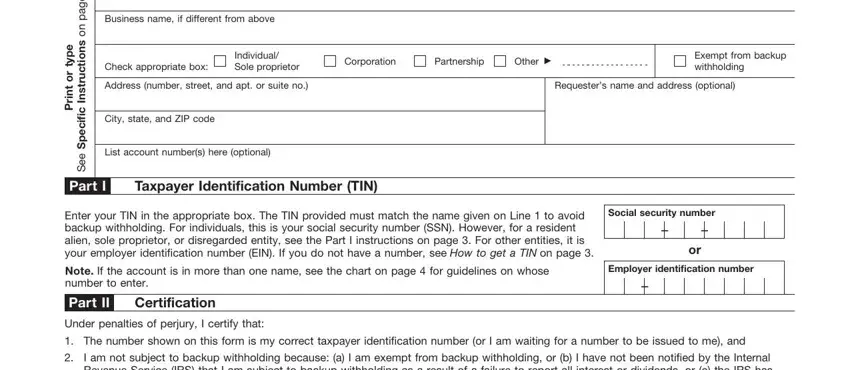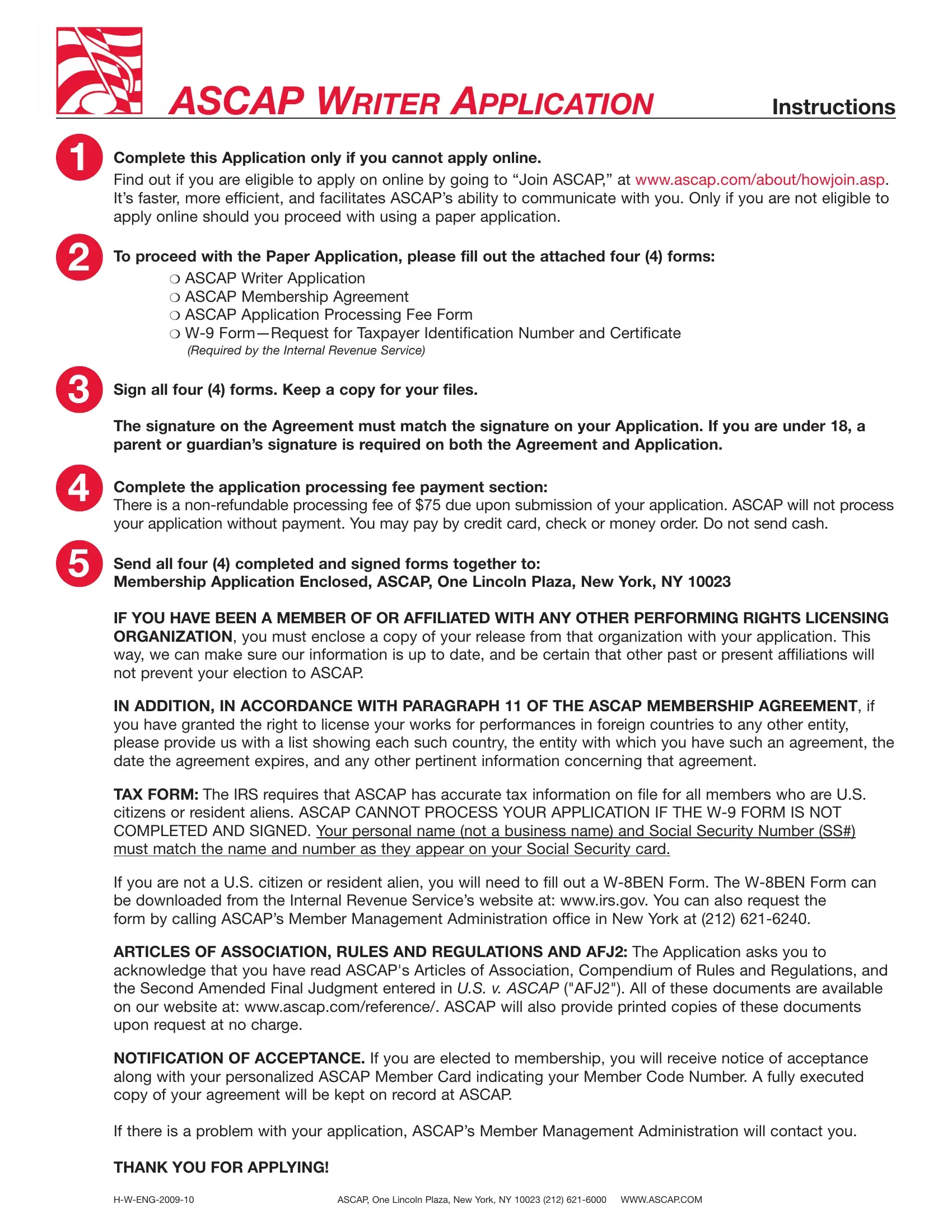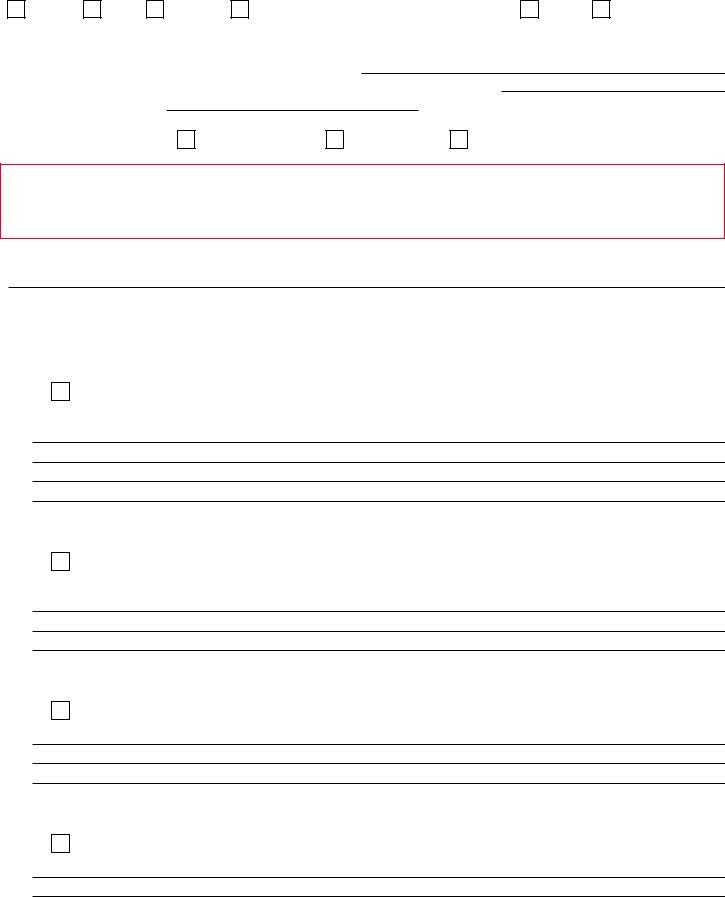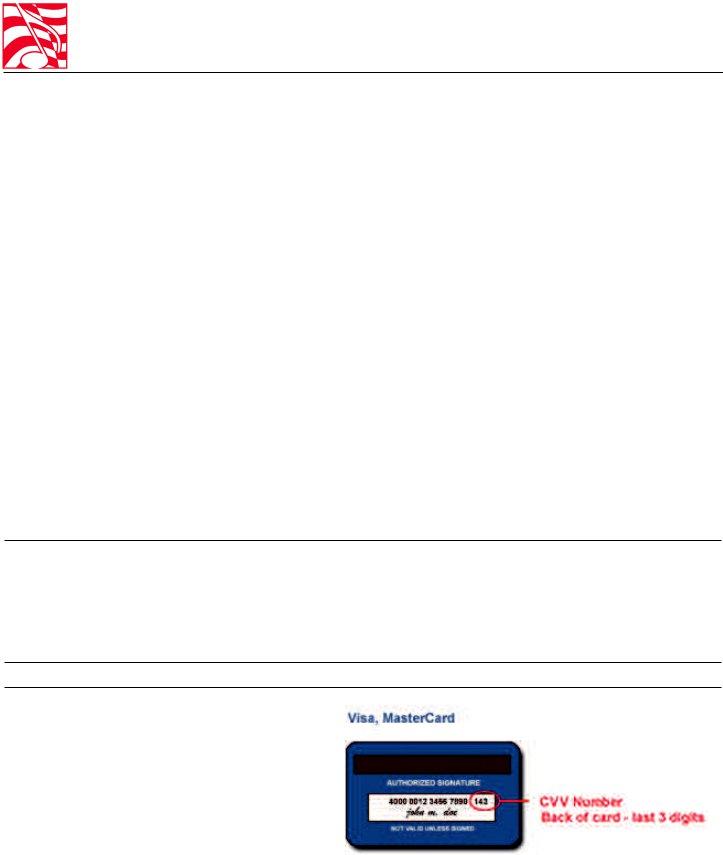Agreement made between the Undersigned (for brevity called “Owner”) and the AMERICAN SOCIETY OF COMPOSERS, AUTHORS AND PUBLISHERS (for brevity called “Society”), in consideration of the premises and of the mutual covenants hereinafter contained, as follows:
1.The Owner grants to the Society for the term hereof, the right to license non-dramatic public performances (as hereinafter defined), of each musical work:
Of which the Owner is a copyright proprietor; or
Which the Owner, alone, or jointly, or in collaboration with others, wrote, composed, published, acquired or owned; or
In which the Owner now has any right, title, interest or control whatsoever, in whole or in part; or
Which hereafter, during the term hereof, may be written, composed, acquired, owned, published or copyrighted by the Owner, alone, jointly or in collaboration with others; or
In which the Owner may hereafter, during the term hereof, have any right, title, interest or control, whatsoever, in whole or in part.
The right to license the public performance of every such musical work shall be deemed granted to the Society by this instrument for the term hereof, immediately upon the work being written, composed, acquired, owned, published or copyrighted.
The rights hereby granted shall include:
(a)All the rights and remedies for enforcing the copyright or copy- rights of such musical works, whether such copyrights are in the name of the Owner and/or others, as well as the right to sue under such copyrights in the name of the Society and/or in the name of the Owner and/or others, to the end that the Society may effectively protect and be assured of all the rights hereby granted.
(b)The non-exclusive right of public performance of the separate
numbers, songs, fragments or arrangements, melodies or selections forming part or parts of musical plays and dramatico-musical compositions, the Owner reserving and excepting from this grant the right of performance of musical plays and dramatico-musical compositions in their entirety, or any part of such plays or dramatico- musical compositions on the legitimate stage.
(c)The non-exclusive right of public performance by means of radio broadcasting, telephony, “wired wireless,” all forms of synchronism with motion pictures, and/or any method of transmitting sound other than television broadcasting.
(d)The non-exclusive right of public performance by television broadcasting; provided, however, that:
(i)This grant does not extend to or include the right to license the public performance by television broadcasting or otherwise of any rendition or performance of (a) any opera, operetta, musical comedy, play or like production, as such, in whole or in part, or (b) any composition from any opera, operetta, musical comedy, play or like production (whether or not such opera, operetta, musical comedy, play or like production was presented on the stage or in motion picture form) in a manner which recreates the performance of such composition with substantially such distinctive scenery or costume as was used in the presentation of such opera, operetta, musical comedy, play or like production (whether or not such opera,
operetta, musical comedy, play or like production was presented on the stage or in motion picture form): provided, however, that the rights hereby granted shall be deemed to include a grant of the right to license non-dramatic performances of compositions by television broadcasting of a motion picture containing such composition if the rights in such motion picture other than those granted hereby have been obtained from the parties in interest.
(ii)Nothing herein contained shall be deemed to grant the right to license the public performance by television broadcasting of dramatic performances. Any performance of a separate musical composition which is not a dramatic performance, as defined herein, shall be deemed to be a non-dramatic performance. For the purposes of this agreement, a dramatic performance shall mean a performance of a musical composition on a television program in which there is a definite plot depicted by action and where the performance of the musical composition is woven into and carries forward the plot and its accompanying action. The use of dialogue to establish a mere program format or the use of any non-dramatic device merely to introduce a performance of a composition shall not be deemed to make such performances dramatic.
(iii)The definition of the terms “dramatic” and “non-dramatic” performances contained herein are purely for the purposes of this agreement and for the term thereof and shall not be binding upon or prejudicial to any position taken by either of us subsequent to the term hereof or for any purpose other than this agreement.
(e)The Owner may at any time and from time to time, in good faith, restrict the radio or television broadcasting of compositions from musical comedies, operas, operettas and motion pictures, or any other composition being excessively broadcast, only for the purpose of preventing harmful effect upon such musical comedies, operas, operettas, motion pictures or compositions, in respect of other interest under the copyrights thereof; provided, however, that the right to grant limited licenses will be given, upon application, as to restricted compositions, if and when the Owner is unable to show reasonable hazards to his or its major interests likely to result from such radio or television broadcasting; and provided further that such right to restrict any such composition shall not be exercised for the purpose of permitting the fixing or regulating of fees for the recording or transcribing of such composition, and provided further that in no case shall any charges, “free plugs,” or other consideration be required in respect of any permission granted to perform a restricted composition; and provided further that in no event shall any composition, after the initial radio or television broadcast thereof, be restricted for the purpose of confining further radio or television broadcasts thereof to a particular artist, station, network or program. The Owner may also at anytime and from time to time, in good faith, restrict the radio or television broadcasting of any composition, as to which any suit has been brought or threatened on a claim that such composition infringes a composition not contained in the repertory of Society or on a claim by a non-member of Society that Society does not have the right to license the public performance of such composition by radio or television broadcasting.
2.The term of this Agreement shall be for a period commencing on the date hereof and continuing indefinitely thereafter unless terminated by either party in accordance with the Articles of Association.
3.The Society agrees, during the term hereof, in good faith to use its best endeavors to promote and carry out the objects for which it was organized, and to hold and apply all royalties, profits, benefits and advantages arising from the exploitation of the rights assigned to it by its several members, including the Owner, to the uses and purposes as











